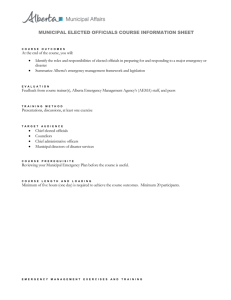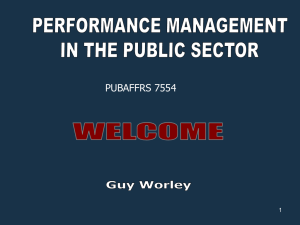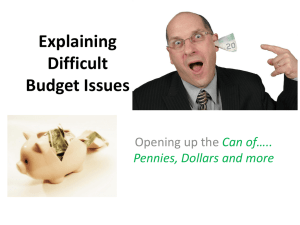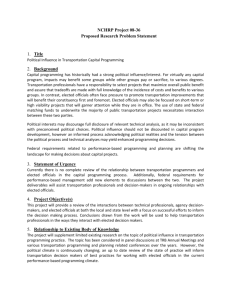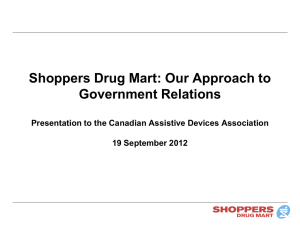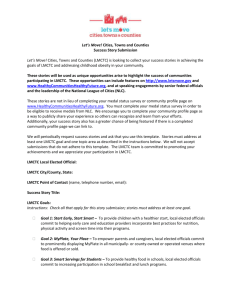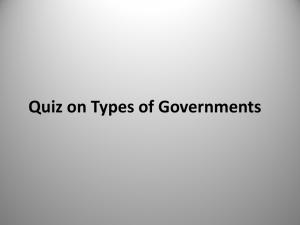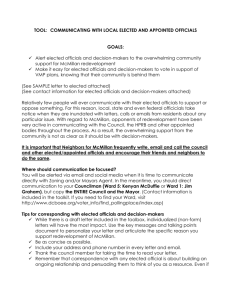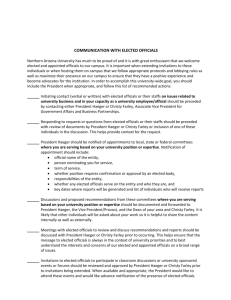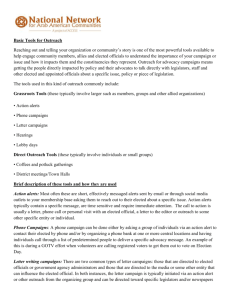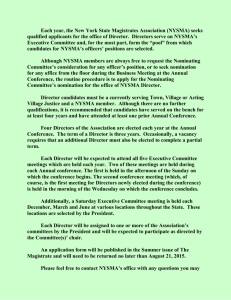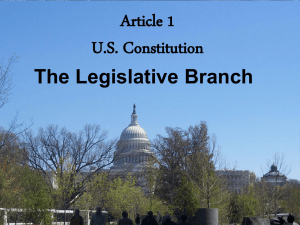5-28-2015
advertisement
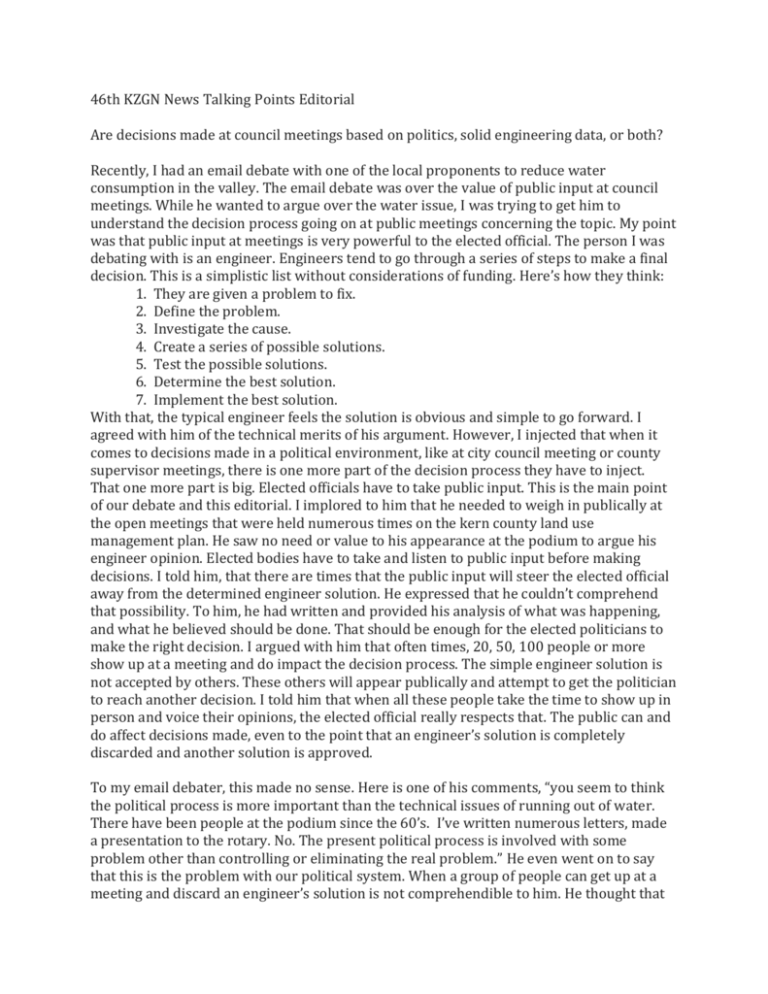
46th KZGN News Talking Points Editorial Are decisions made at council meetings based on politics, solid engineering data, or both? Recently, I had an email debate with one of the local proponents to reduce water consumption in the valley. The email debate was over the value of public input at council meetings. While he wanted to argue over the water issue, I was trying to get him to understand the decision process going on at public meetings concerning the topic. My point was that public input at meetings is very powerful to the elected official. The person I was debating with is an engineer. Engineers tend to go through a series of steps to make a final decision. This is a simplistic list without considerations of funding. Here’s how they think: 1. They are given a problem to fix. 2. Define the problem. 3. Investigate the cause. 4. Create a series of possible solutions. 5. Test the possible solutions. 6. Determine the best solution. 7. Implement the best solution. With that, the typical engineer feels the solution is obvious and simple to go forward. I agreed with him of the technical merits of his argument. However, I injected that when it comes to decisions made in a political environment, like at city council meeting or county supervisor meetings, there is one more part of the decision process they have to inject. That one more part is big. Elected officials have to take public input. This is the main point of our debate and this editorial. I implored to him that he needed to weigh in publically at the open meetings that were held numerous times on the kern county land use management plan. He saw no need or value to his appearance at the podium to argue his engineer opinion. Elected bodies have to take and listen to public input before making decisions. I told him, that there are times that the public input will steer the elected official away from the determined engineer solution. He expressed that he couldn’t comprehend that possibility. To him, he had written and provided his analysis of what was happening, and what he believed should be done. That should be enough for the elected politicians to make the right decision. I argued with him that often times, 20, 50, 100 people or more show up at a meeting and do impact the decision process. The simple engineer solution is not accepted by others. These others will appear publically and attempt to get the politician to reach another decision. I told him that when all these people take the time to show up in person and voice their opinions, the elected official really respects that. The public can and do affect decisions made, even to the point that an engineer’s solution is completely discarded and another solution is approved. To my email debater, this made no sense. Here is one of his comments, “you seem to think the political process is more important than the technical issues of running out of water. There have been people at the podium since the 60’s. I’ve written numerous letters, made a presentation to the rotary. No. The present political process is involved with some problem other than controlling or eliminating the real problem.” He even went on to say that this is the problem with our political system. When a group of people can get up at a meeting and discard an engineer’s solution is not comprehendible to him. He thought that the provided solution should be enough. No public comment is needed. Again, I tried to explain to him that a written solution cannot be debated with the writer. Elected officials like to ask questions. They want to make informed decisions. Not go with just one person’s solution. Maybe someone will come up to the podium and offer a solution that wasn’t considered by the engineer’s analysis. A better idea may result from public input. But no matter what I argued, trying to get him to publically offer his opinion, he felt it was a waste of time. His time can be better used, as he had submitted his opinion in writing. He felt appearing in person offered nothing. I finally gave up trying to make my point to him that public input is very valuable. It is very important. Elected officials are representatives of us the people. They are supposed to listen to all of us before they make their decision. That is how our system works. It may not be the best, but it is better than other alternatives. For those that choose to be silent, then you are deferring the decision process to everyone else. That’s ok. That is your right. But if you have an opinion, you should share it with your elected officials. Another area of public input to address is the use of internet, Facebook, blogs, or discussion groups. A lot of people offer the opinions on all sorts of issues on these forums. While I have no problem in these forums, the people have also got to realize that if they are making comments with the hope of influencing a political decision that elected officials do not have to take these comments under consideration. I don’t mean to say these comments might not influence the decision. They might. But you shouldn’t expect your elected officials to even see these comments. Some elected officials don’t subscribe to internet social media at all. Contact them at least in writing or calling your officials. But appearing in person at the podium is the most powerful way you can express your opinion. In conclusion, someone once said, “you can’t fight city hall.” To that, I say: nonsense. The public can fight city hall. The public can affect decisions at city hall. I’ve been there and seen it happen. There is nothing more powerful that the person with the guts to stand up in public, at a council meeting, and make their opinion known. Nothing. I’m Tom Wiknich, and that’s what I think. I’d like to know what you think. If you have any comments about this editorial, or would like to discuss or recommend a topic, I’d like to hear from you. Please email them to info@kzgn.net.
